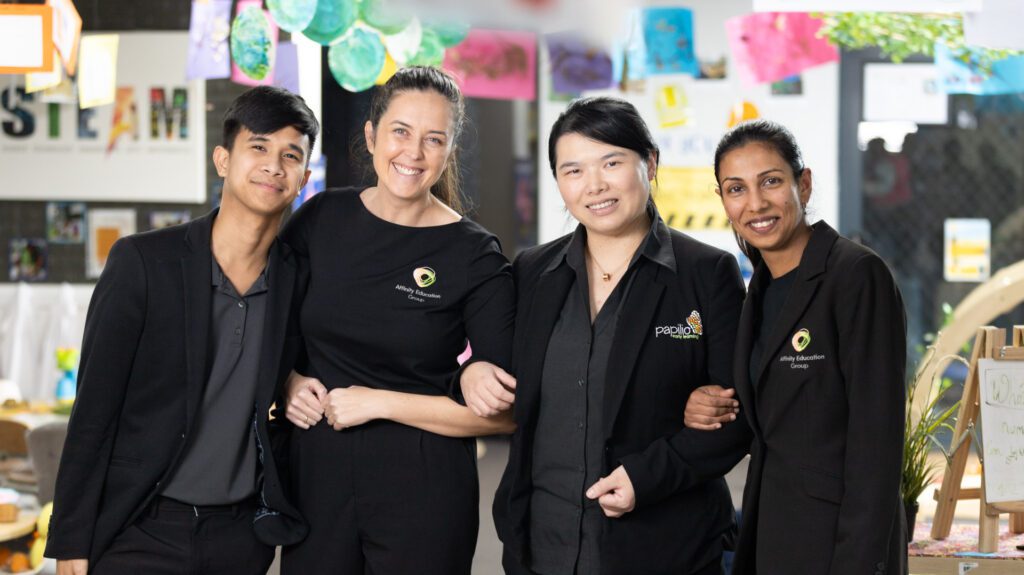
Together We Shine: Celebrating Our Educators This Early Childhood Educator Day
Every day across our centres, educators make a difference that goes far beyond teaching. From the hugs at drop-off to the spark of discovery during play, you bring light and belonging to children’s lives.
This Early Childhood Educator Day (3 September), we celebrate you, because together, we shine.
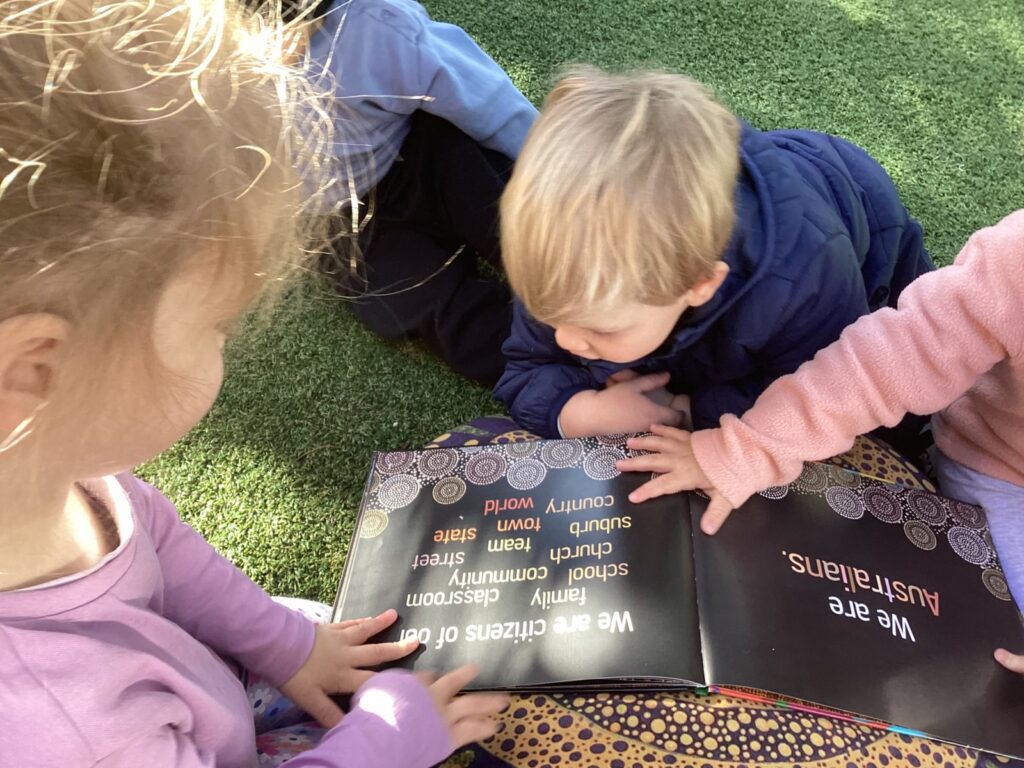
Book Week 2025: Celebrating the Joy of Stories Across Affinity Education Centres
There’s something truly special about the moment a child becomes absorbed in a story. The way their eyes widen at a plot twist, their giggles when a favourite character appears, and the proud smile when they remember a line by heart – these are moments that shape their love for learning.
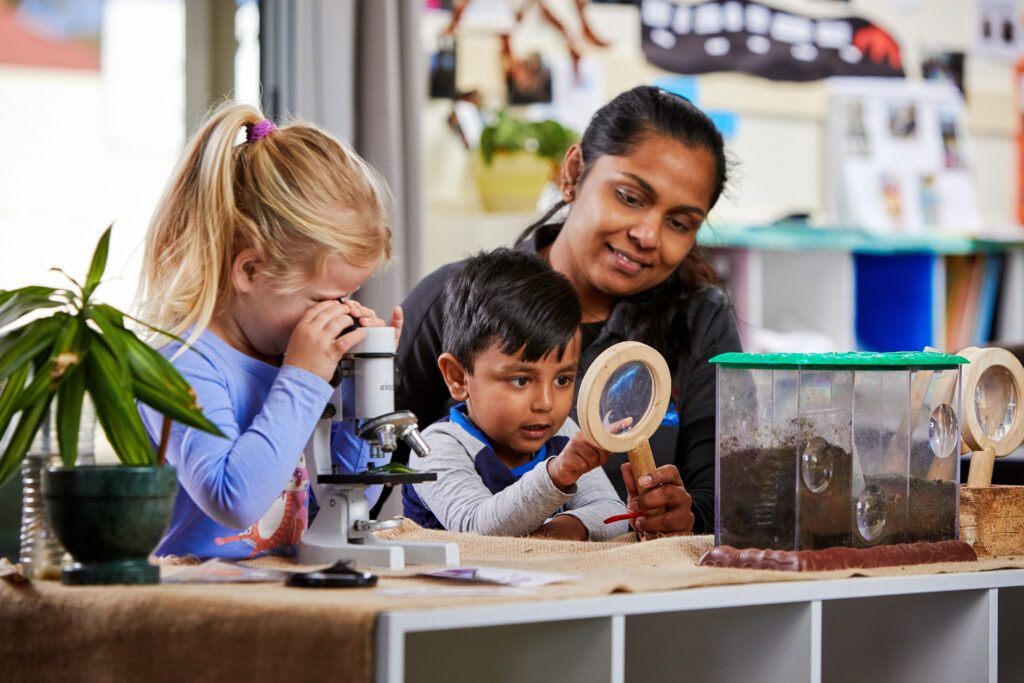
Celebrating National Science Week: How Early Childhood Educators Spark a Love of Discovery
Inspiring Australia’s next generation of critical thinkers starts long before the classroom, it starts with our early childhood educators.
Each year, National Science Week shines a light on the vital role science plays in our world, and the people who inspire us to explore the unknown. This year’s theme, “Decoding the Universe: Exploring the unknown with nature’s hidden language”, encourages Australians of all ages to discover the patterns and mysteries that shape our natural world.
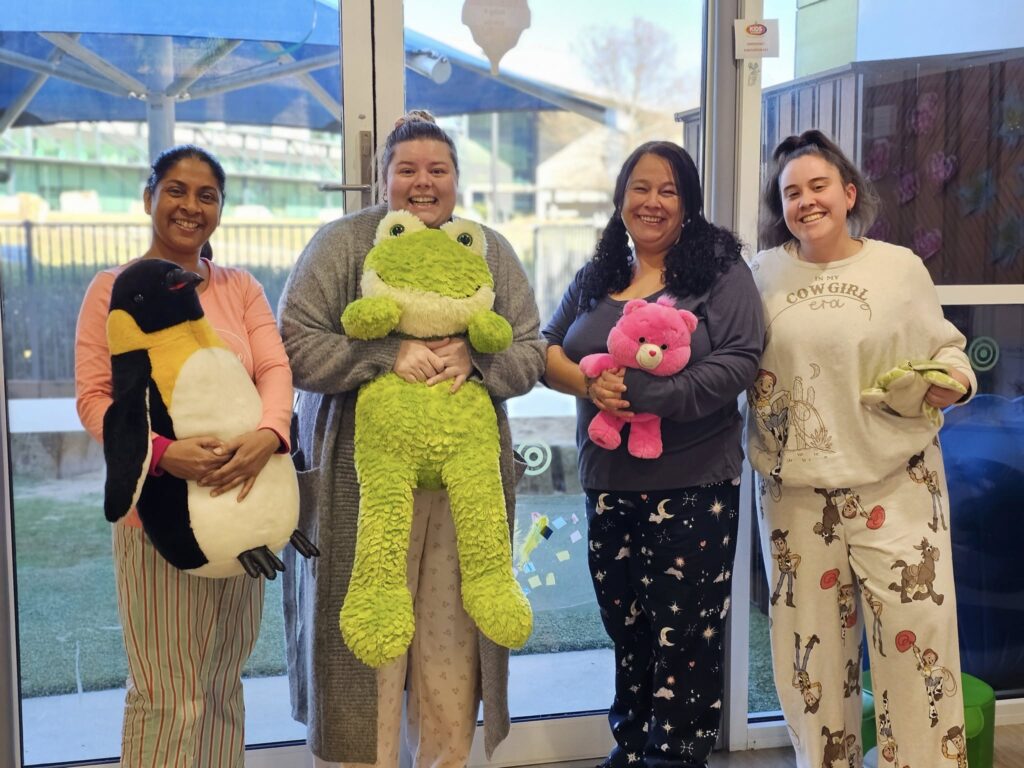
Serious Fun for a Serious Cause: Affinity Education Raises Thousands for Charities During National Pyjama Week
At Affinity Education Group, we believe in having serious fun – the kind that brings people together, creates joy, and makes a real difference in our communities. Each year, our centres go above and beyond in their fundraising efforts, and 2025 was no exception.

From Trainee to Qualified Educator: How Affinity Supports Your Career Every Step of the Way
What if your workplace didn’t just offer a job, but gave you the chance to build a meaningful career in early childhood education?
At Affinity Education, we believe great educators deserve great support. That’s why we created the Affinity Learning Academy, our award-winning, fully funded training program that helps passionate people become qualified early childhood educators.
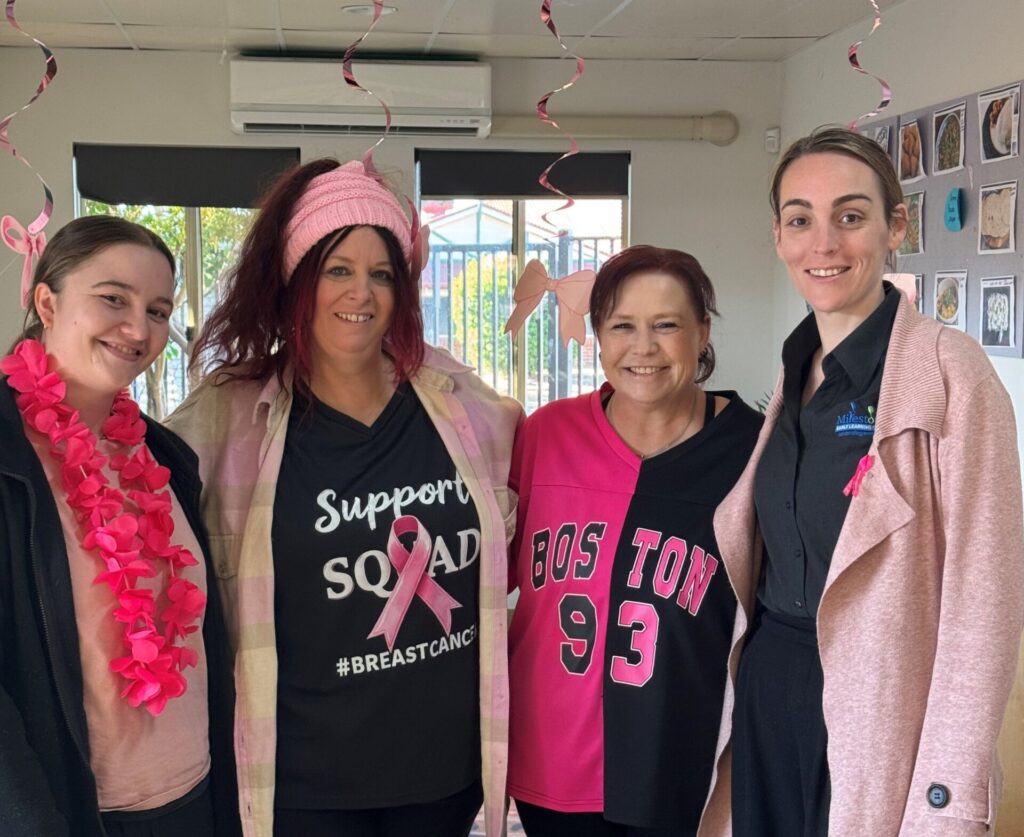
Going Pink for Miss Shelley: A Story of Strength, Love and Community at Milestones Helena Valley
Every June, something magical happens at Milestones Early Learning Helena Valley. The centre transforms into a sea of pink – streamers on the walls, cupcakes in the kitchen, and tiny shoes dancing across the floor at a joyful “Pink Disco.” But behind the glitter and laughter is a story of immense strength, love, and unwavering community spirit.
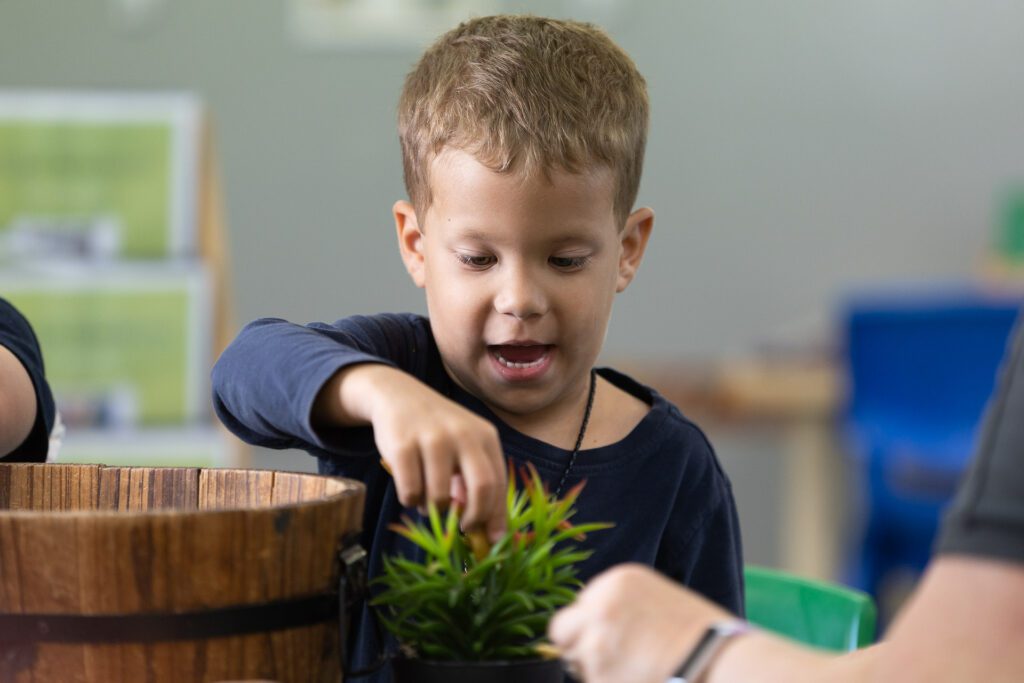
Should I Send My Child to Childcare? Understanding the Benefits for Babies, Toddlers and Preschoolers
At Affinity Education, we know this decision is deeply personal. And we also know how transformative high-quality early education can be for children’s development, wellbeing and confidence.

What Is the Best Approach to Early Childhood Education? A Guide for Families and Educators
Updated: June 2025.
Choosing an early education program is one of the most important decisions you’ll make in your child’s early years. It’s about more than preparing for school – it’s about giving your child the chance to feel safe, curious, and confident in the world around them.
Whether you’re a parent preparing for those first emotional drop-offs or an educator looking for work that truly makes a difference, it’s worth asking: What approach to early education will help children thrive, not just today, but for life?
In this guide, we’ll explore the best-known early childhood philosophies – Montessori and Reggio Emilia – and introduce a modern Australian childcare curriculum built to support every child’s emotional, social, and cognitive development from birth to school age.
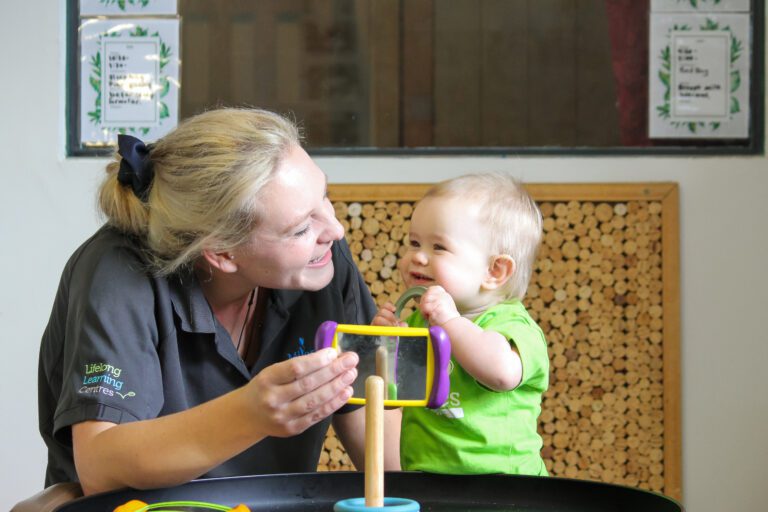
The Cost of Child Care in Australia: What You Need to Know Before Enrolling Your Baby
In this guide, we break down:
What child care costs across Australia
How the Child Care Subsidy (CCS) works
What’s included in your daily fees at Affinity Education centres
How to budget smartly for your family
What to expect when you enrol
Our goal? To help you feel informed, supported, and empowered as you take this important step in your child’s journey.
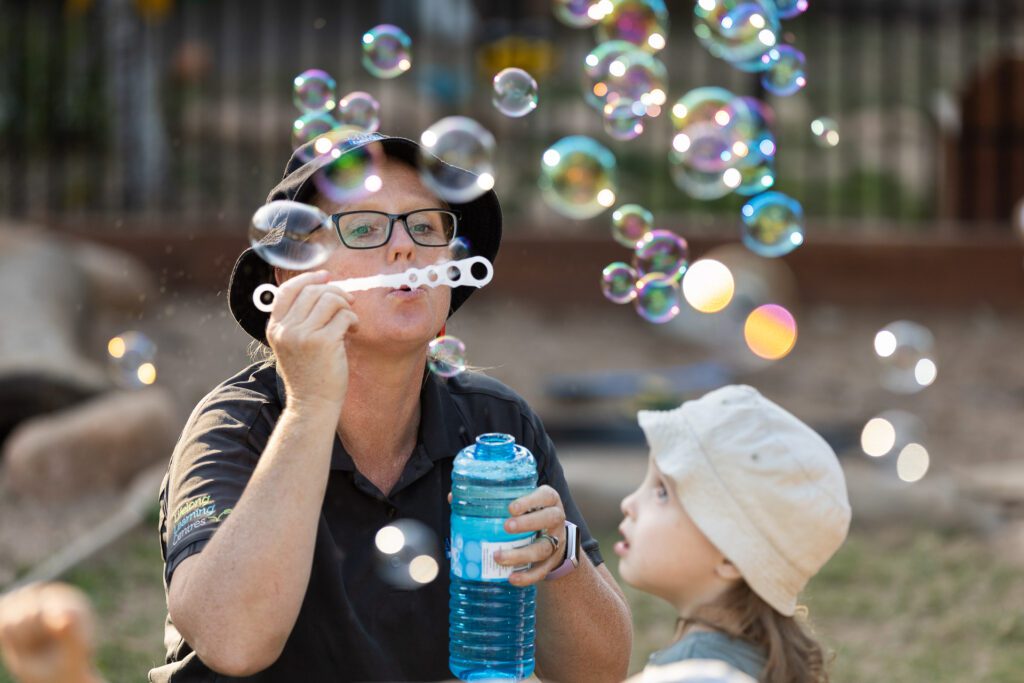
The Power of Mentorship in Early Childhood Education
Behind every confident educator is a story—of someone who took the time to guide, support, and believe in them.
Maybe you’re just starting out. Maybe you’ve been in early education for a few years and wonder what’s next. Wherever you are—this story is for you.
In early childhood education, mentorship is more than just professional development. It’s a powerful relationship that helps educators thrive—personally, professionally, and emotionally. Whether it’s a Centre Manager offering gentle guidance, or a fellow educator lending support through a tough day, mentorship creates a ripple effect that reaches children, families, and the broader community.
At Affinity Education, we’ve seen how mentorship can turn potential into purpose—and how the simplest connections can shape long-term careers.
